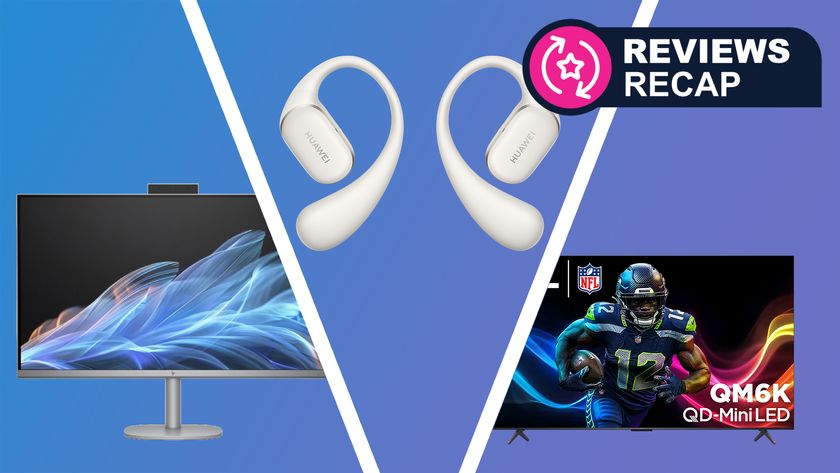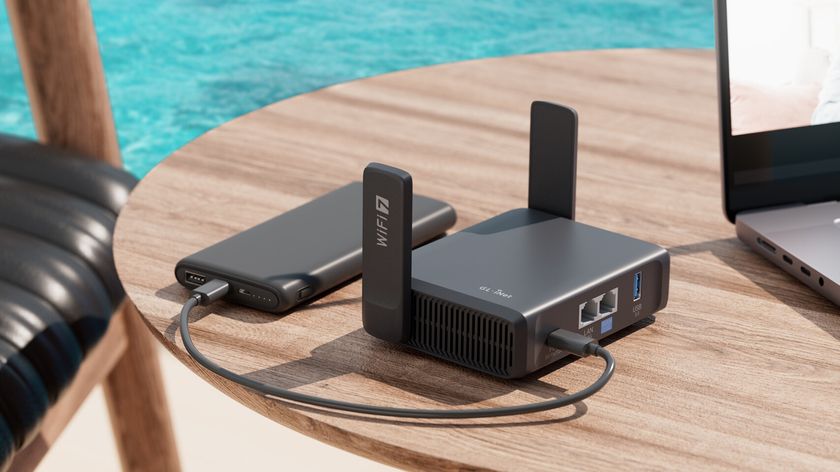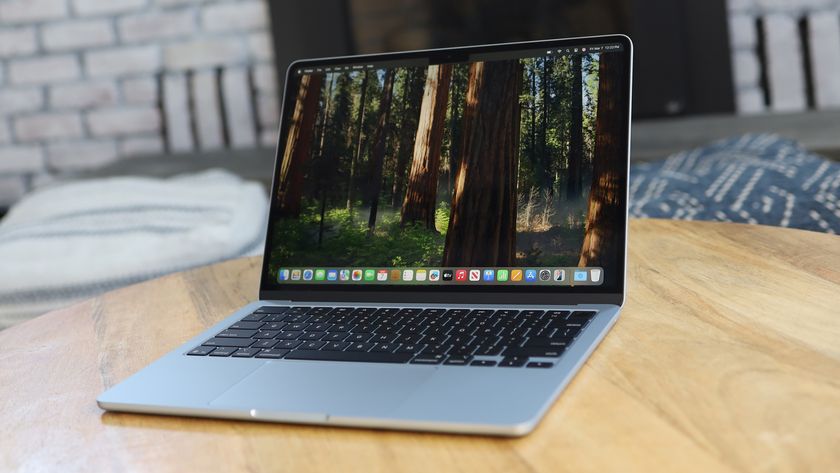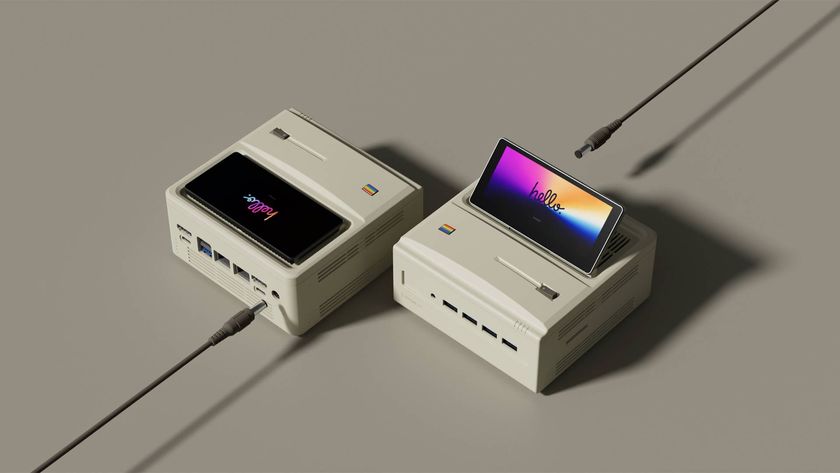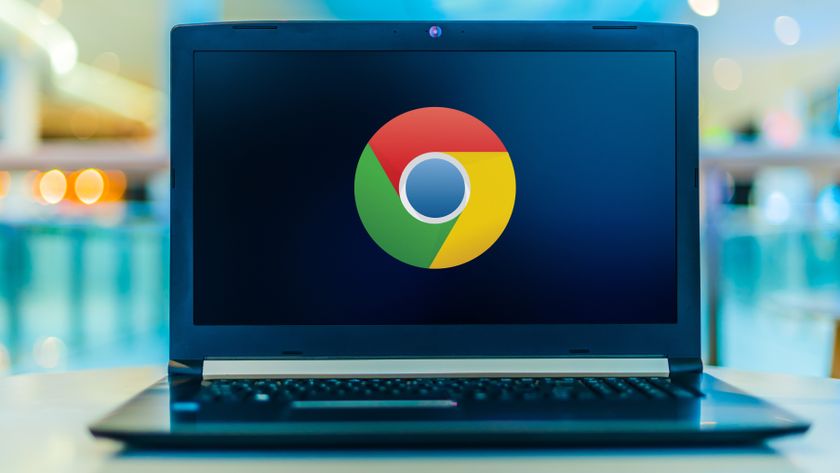Is Computex 2019 AMD’s big break?
Opinion: AMD is winning big at Computex 2019
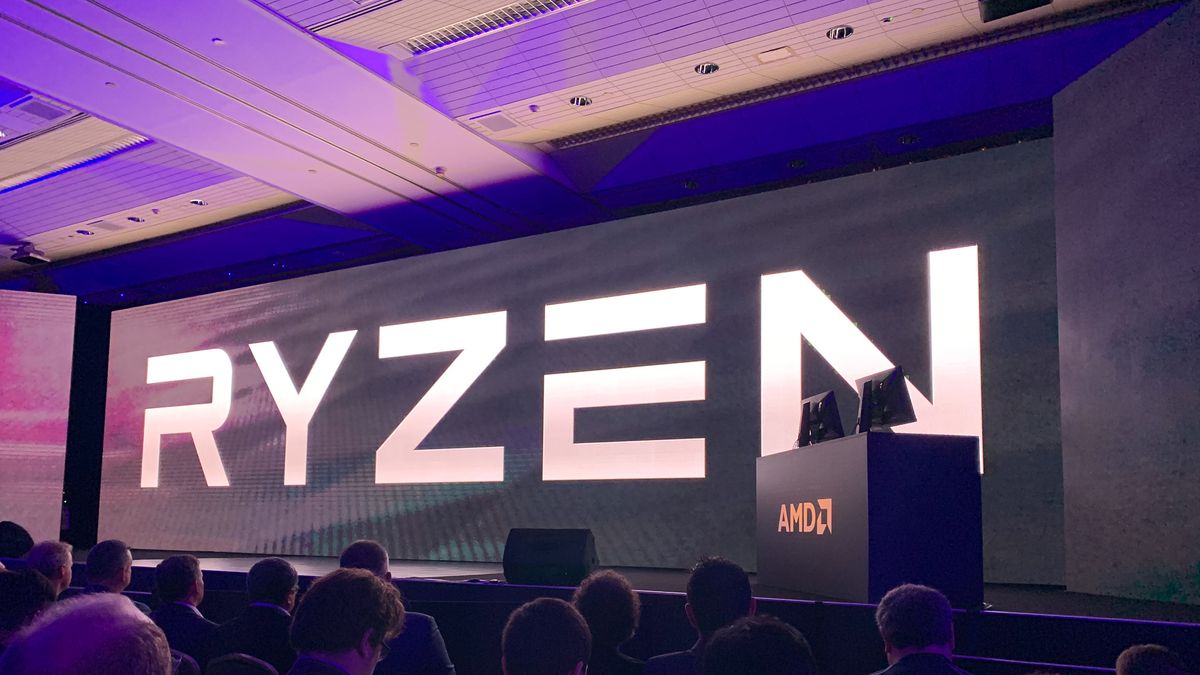
Computex is the biggest computing event of the year, and it’s not even close. Hundreds of manufacturers all flock to Taipei to show off all their latest gadgets. But, the way we look at it, just in time for its 50th anniversary, AMD is kind of dominating the show.
AMD opened up the entire event with its keynote, where CEO Lisa Su came on stage and showed AMD Ryzen 3rd Generation, Navi and Epyc off to the world. AMD is going to be releasing some of the best processors this year, and Nvidia and Intel didn’t have much of anything to show in response.
So, we’re going to dive in and figure out why exactly AMD is winning Computex. We’re going to look at its processors, graphics cards and the deluge of X570 motherboards and Ryzen laptops on offer at Computex. This is definitely an exciting year for Team Red.
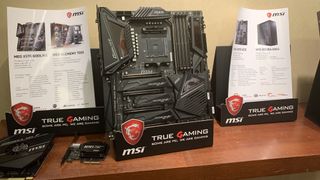
X570 Everywhere
AMD announced a new line of Ryzen processors, which of course means a new chipset. However, with X570, AMD is finally getting represented on the super-high-end enthusiast motherboards. Boards like the MSI MEG X570 Godlike are the holy grail for PC component enthusiasts, with its three M.2 slot and an included add-in card which adds two more.
X570 isn’t just a big deal because of the all singing, all dancing motherboards, though. This chipset marks a true generational shift, thanks to AMD-exclusive features like PCIe 4.0. Especially once AMD Navi comes out this summer, X570 motherboards will be able to squeeze every drop of performance out of them.
AMD claims that through PCIe 4.0, graphics cards will be able to perform up to 69% faster and new M.2 SSDs will be up to 42% faster. In just a single generation, those are some pretty big numbers, and we think X570 is going to be the platform to be on in 2019 and 2020.
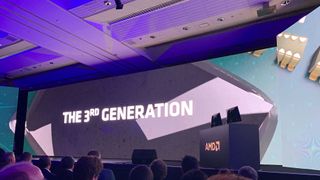
AMD Ryzen 3000 itself is pretty impressive
Leading up to Computex, we were inundated with a ton of rumors that we’d see up to 16-core processors in the mainstream. That didn’t happen. However, AMD is launching the Ryzen 9 3900X on July 7 for $499 (about £390, AU$730). That price seems a little high, but when you consider that you’re getting a 12-core, 24-thread chip that can boost up to 4.6GHz, not to mention the whopping 64MB of L3 cache, you’re essentially getting a HEDT chip at a mainstream price.
Get daily insight, inspiration and deals in your inbox
Sign up for breaking news, reviews, opinion, top tech deals, and more.
If it was just core counts and clock speeds, that would be one thing, but during the AMD keynote, Lisa Su claimed that AMD Ryzen 3rd Generation processors boast a 50% improvement to IPC (instructions per clock). If that’s true – and we’ll definitely know when we get the chips in for review – the Ryzen 9 3900X should have no problem dethroning the Intel Core i9-9900K in everyday computing and gaming.
Intel did announce a new version of the Intel Core i9-9900K, the 9900KS, at its keynote, but to us it kind of feels like a last-minute response to the threat AMD Ryzen 3rd Generation poses. AMD’s Ryzen 3rd Generation desktop chips are on the 7nm Zen 2 manufacturing process, while that shiny new Intel chip is still a 14nm Coffee Lake Refresh part.
Now, obviously, specs aren’t everything and we won’t know how AMD Ryzen 3rd Generation processors perform in the real world until we get them in for review, but things are looking promising for AMD right now. Don’t be surprised if, in a month’s time, the AMD Ryzen 9 3900X is hailed as the best processor for gaming.
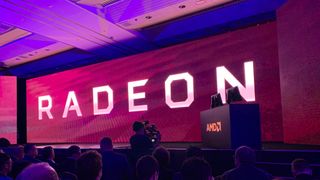
Don’t forget about Navi
AMD’s keynote wasn’t just about desktop processors, though. AMD’s new Radeon RX 5000 graphics cards were front and center during the keynote. We didn’t get any specific specs – beyond the fact that they’re based on a 7nm manufacturing process and will be using an entirely new RDNA GPU architecture.
However, we don’t need to wait until AMD gives more information at E3 to know that they’re going to give Nvidia and its Turing architecture a run for its money. And, the core reason is that PCIe 4.0 we mentioned earlier. If AMD is able to leverage the added bandwidth to boost performance the way it was hinting at during the keynote, then we could be seeing AMD starting to reclaim some of the GPU market like it did to the CPU market with Ryzen.
Nvidia Turing graphics cards like the RTX 2080 Ti are a bit too expensive for most users, so we’re frankly excited to see AMD give Nvidia some competition for the first time in a few years. We don’t know exactly where these new AMD Navi graphics cards are going to line up against Nvidia’s product stack, but we’re sure that prospective RTX 2060 and RTX 2070 owners might want to think twice before pledging loyalty to Team Green in the Nvidia vs AMD smackdown.
We’ll just have to wait until E3 2019 to see how heated the competition is going to get, but that’s only a couple of weeks away. And, if Nvidia’s Computex presence is anything to go by, that ‘Super’ card it teased last week better be really something.
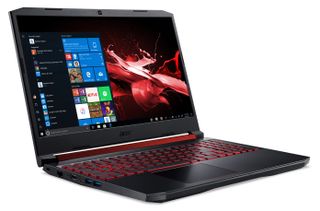
Bring in the laptops
Even back at CES 2019, we were starting to see AMD processors show up in laptops – and even Chromebooks. But, at the Taipei event Acer announced several gaming laptops powered by Ryzen. AMD isn’t exactly about to take over this segment of the market, but if it can promise substantial improvements over the newly announced Ice Lake, we could see AMD start to meaningfully compete with Intel in the mobile space.
And, if AMD can squeeze high-end performance into low-wattage chips like it just did with Ryzen 3, we want more AMD Ryzen-powered laptops, as the increases to battery life would be extremely welcome.
At the end of the day, Computex isn’t quite over yet, but it’s hard to think of a manufacturer that’s had a bigger impact at the world’s biggest computing event. In our eyes, AMD is easily the star of the week, and if anything we’re excited to see how its power moves will make Nvidia and Intel respond in the coming months.
- Check out all of TechRadar's Computex 2019 coverage. We're live in Taipei to bring you all the breaking computing news and launches, plus hands-on reviews of everything from fresh laptops and desktops to powerful new components and wild overclocking demonstrations.
Bill Thomas (Twitter) is TechRadar's computing editor. They are fat, queer and extremely online. Computers are the devil, but they just happen to be a satanist. If you need to know anything about computing components, PC gaming or the best laptop on the market, don't be afraid to drop them a line on Twitter or through email.


